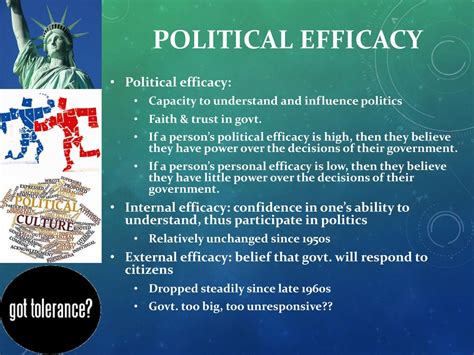Understanding Foreign Policy
Foreign policy encompasses a nation’s interactions with other countries and international organizations. It involves a wide range of activities, including diplomacy, negotiation, economic sanctions, and military intervention. The primary goal of foreign policy is to protect and advance a nation’s interests on the global stage.

Key Components of Foreign Policy
- Diplomacy: Engaging in negotiations, talks, and agreements with other nations through diplomatic channels to resolve conflicts and promote cooperation.
- Economic Sanctions: Imposing trade embargoes, financial restrictions, or other economic measures to pressure other countries to change their behavior or policies.
- Military Intervention: Using armed forces to protect national interests, deter or respond to threats, or support military operations of allied nations.
- International Organizations: Participating in global organizations like the United Nations (UN), NATO, and the World Bank to foster cooperation, promote peace and security, and address global issues.
Military Affairs
Military affairs pertain to the management, organization, and operations of a nation’s armed forces. This includes:
- Military Strategy: Developing and implementing plans for military campaigns and operations to achieve national objectives.
- Military Doctrine: Establishing principles that guide military thinking, tactics, and strategies.
- Military Organization: Structuring and managing the armed forces, including branches of service, command structures, and personnel management.
- Military Training: Providing training and education to military personnel to enhance their skills and capabilities.
- Military Equipment: Acquiring, maintaining, and using weapons systems, vehicles, and other equipment essential for military operations.
Significance of Foreign and Military Affairs
Foreign and military affairs are crucial for a nation’s security, prosperity, and global influence. They involve:
- Protecting National Interests: Defending against threats to national sovereignty, territory, and citizens.
- Building International Partnerships: Fostering diplomatic relations, alliances, and economic ties with other nations.
- Promoting Economic Growth: Accessing global markets, attracting foreign investment, and engaging in international trade.
- Maintaining Stability and Peace: Supporting international efforts to prevent or resolve conflicts, promote human rights, and address global threats.
Case Studies
Table 1: U.S. Foreign Policy Initiatives
| Initiative | Year | Goals |
|---|---|---|
| Marshall Plan | 1948 | Rebuild Europe after World War II |
| Vietnam War | 1955-1975 | Contain the spread of communism |
| War on Terror | 2001-present | Prevent terrorist attacks and promote stability |
Table 2: Military Doctrine in Different Countries
| Country | Doctrine | Key Features |
|---|---|---|
| United States | AirSea Battle | Emphasizes air and naval power for dominance in all domains |
| China | Active Defense | Focuses on preventing conflict through deterrence and counter-strike capabilities |
| Russia | Gerasimov Doctrine | Combines military and non-military means to achieve political goals |
Common Mistakes to Avoid
- Overemphasizing Military Strength: While military power is important, it should not be the sole focus of foreign policy. Diplomatic and economic measures are equally vital for long-term success.
- Ignoring International Cooperation: Multilateral partnerships and international organizations offer opportunities to enhance global stability and address common challenges.
- Lack of Long-Term Planning: Foreign and military policies should be based on a comprehensive understanding of global trends and long-term goals.
- Unrealistic Expectations: It is essential to set realistic expectations for what foreign and military policies can achieve.
- Insufficient Public Engagement: Foreign and military affairs should not be conducted in isolation; public support and understanding are crucial for sustained success.
Conclusion
Foreign and military affairs are essential aspects of governance that impact a nation’s security, well-being, and global influence. By understanding the key components, significance, and common mistakes to avoid, citizens can engage in informed discussions and support policies that protect national interests while promoting global stability and cooperation.
